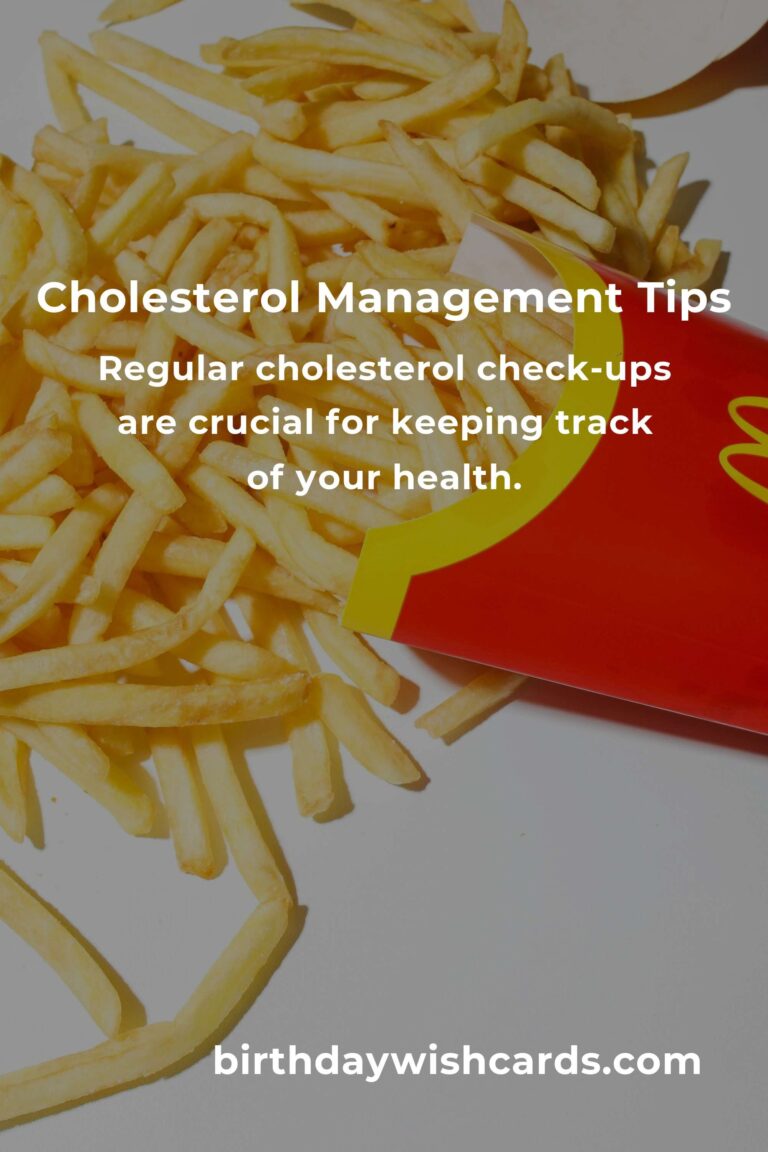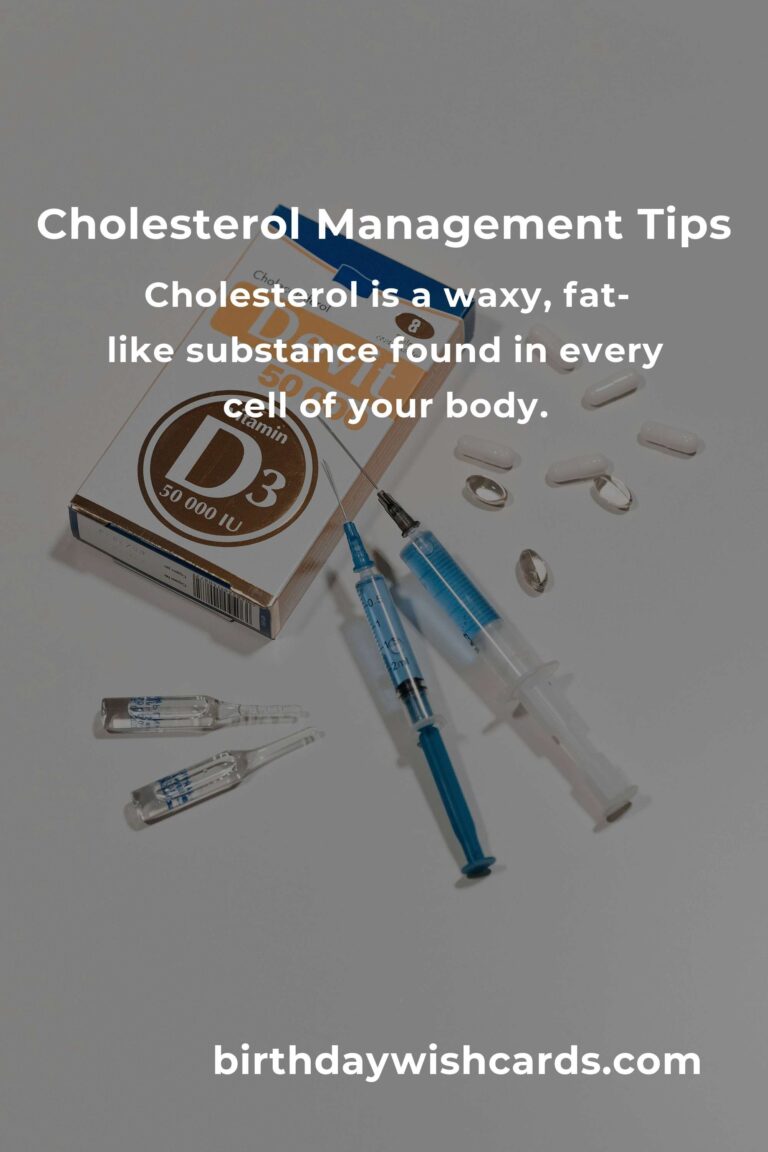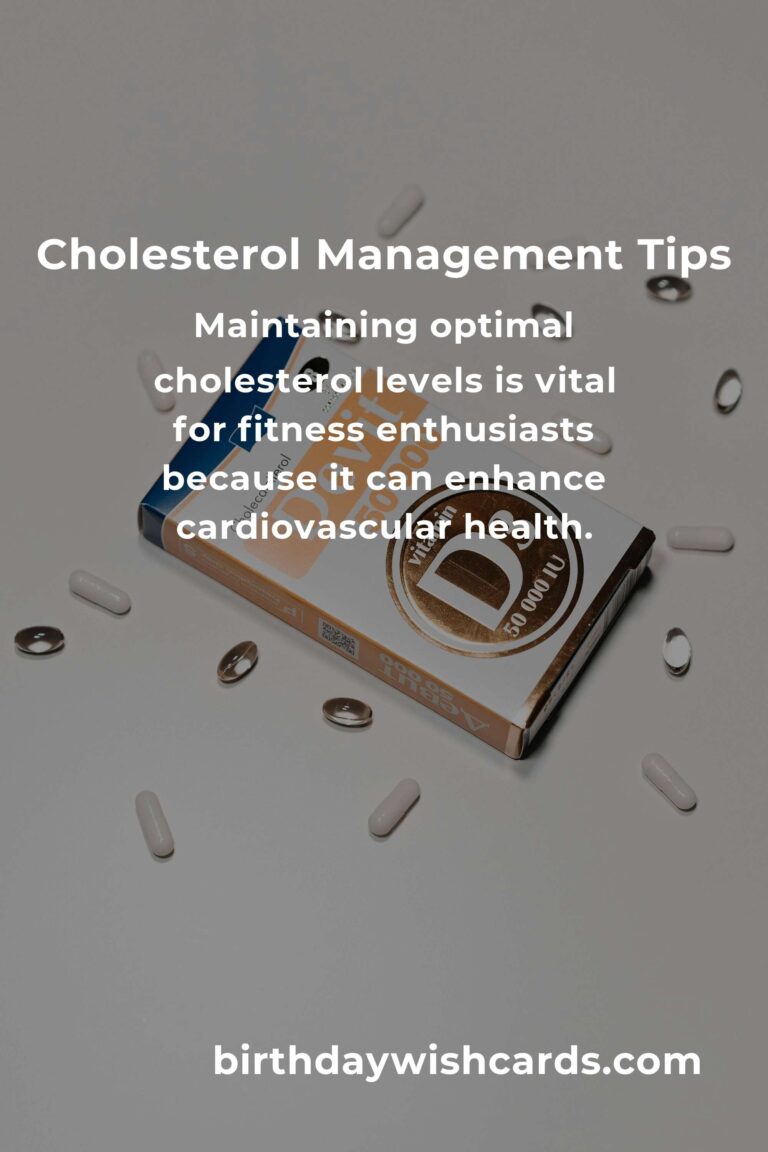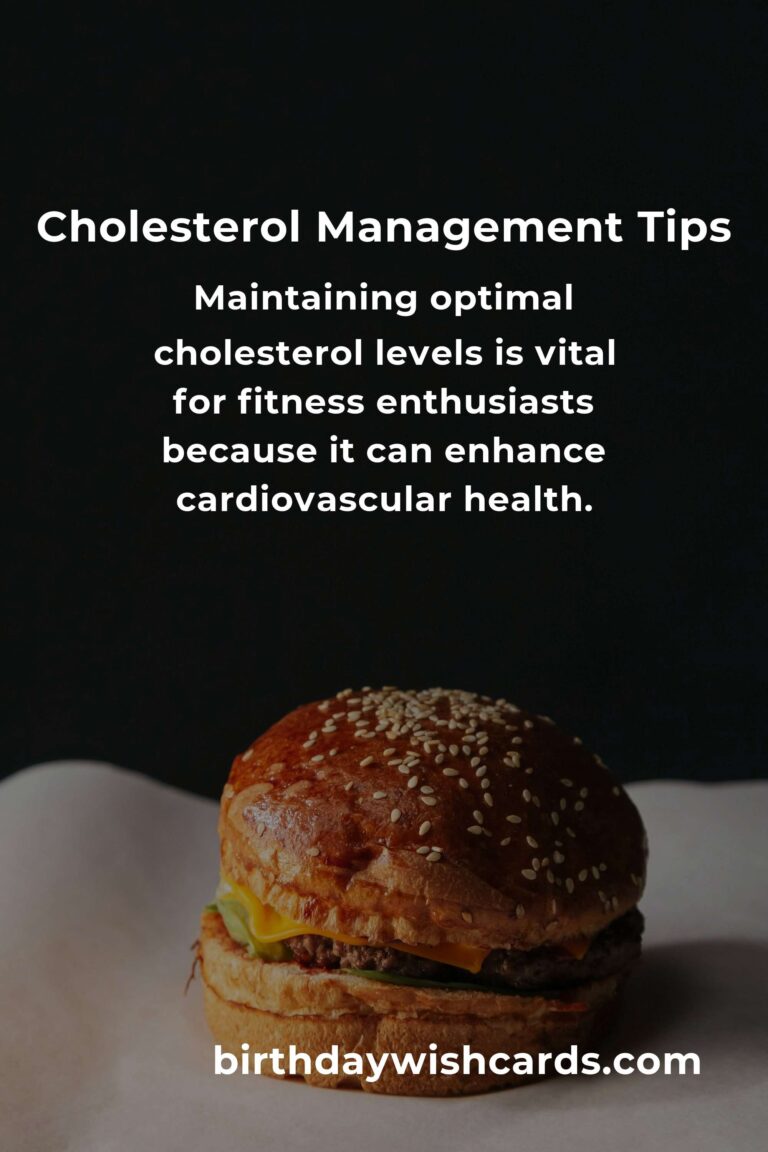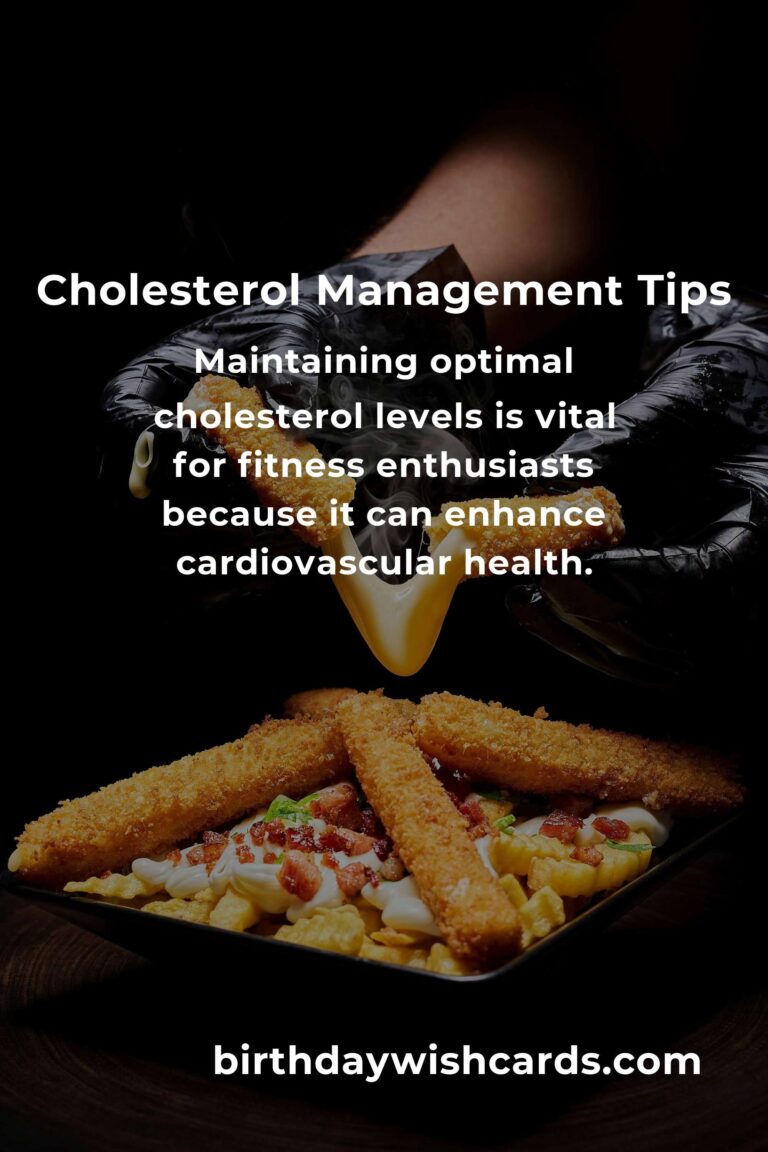
In the rapidly evolving world of fitness and health, understanding cholesterol and its implications on overall well-being is crucial. As fitness enthusiasts, balancing cholesterol levels can significantly impact your health and performance. This comprehensive guide provides essential tips and insights into managing cholesterol effectively in 2025.
Understanding Cholesterol
Cholesterol is a waxy, fat-like substance found in every cell of your body. While it’s essential for producing hormones, vitamin D, and substances that help you digest foods, too much cholesterol in your blood can lead to health problems. There are two types of cholesterol: Low-Density Lipoprotein (LDL) and High-Density Lipoprotein (HDL). LDL, often referred to as ‘bad’ cholesterol, can lead to plaque buildup in arteries, increasing the risk of heart disease and stroke. HDL, or ‘good’ cholesterol, helps remove LDL from the arteries.
Why Cholesterol Matters for Fitness Enthusiasts
Maintaining optimal cholesterol levels is vital for fitness enthusiasts because it can enhance cardiovascular health, boost endurance, and improve overall energy levels. High cholesterol can impede your progress by increasing the risk of heart disease, which can limit your ability to exercise effectively and achieve your fitness goals.
Dietary Tips for Managing Cholesterol
One of the most effective ways to manage cholesterol is through diet. Here are some dietary tips for fitness enthusiasts:
- Increase Fiber Intake: Foods high in soluble fiber, such as oats, beans, lentils, fruits, and vegetables, can help lower LDL cholesterol.
- Opt for Healthy Fats: Replace saturated fats with healthy fats found in olive oil, avocados, nuts, and fatty fish like salmon.
- Limit Trans Fats: Avoid trans fats found in many fried and processed foods as they can increase LDL and decrease HDL cholesterol.
- Incorporate Plant Sterols: Plant sterols, found in fortified foods like margarine and orange juice, can help reduce cholesterol absorption in the body.
Exercise and Cholesterol Management
Regular physical activity plays a significant role in managing cholesterol levels. It can help raise HDL levels while lowering LDL and triglycerides. Here are some exercise tips:
- Cardiovascular Exercise: Engage in at least 150 minutes of moderate-intensity or 75 minutes of high-intensity cardio workouts per week.
- Strength Training: Incorporate strength training exercises at least twice a week to improve muscle mass and metabolism.
- Consistency is Key: Maintain a consistent exercise routine to ensure long-term benefits for cholesterol management.
Supplements and Cholesterol
Some supplements may help manage cholesterol levels, but it’s important to consult with a healthcare provider before starting any new supplement. Common supplements include omega-3 fatty acids, niacin, and psyllium husk. These can support heart health and cholesterol management when combined with a balanced diet and regular exercise.
Monitoring Cholesterol Levels
Regular cholesterol check-ups are crucial for keeping track of your health. Fitness enthusiasts should aim to have their cholesterol levels checked annually or as recommended by their healthcare provider. Understanding your numbers will help you make informed decisions about your diet and exercise routine.
Conclusion
For fitness enthusiasts in 2025, understanding and managing cholesterol is an important aspect of achieving optimal health and performance. By adopting a balanced diet, maintaining an active lifestyle, and staying informed about your cholesterol levels, you can enhance your fitness journey and overall well-being.
Cholesterol is a waxy, fat-like substance found in every cell of your body.
Maintaining optimal cholesterol levels is vital for fitness enthusiasts because it can enhance cardiovascular health.
One of the most effective ways to manage cholesterol is through diet.
Regular physical activity plays a significant role in managing cholesterol levels.
Regular cholesterol check-ups are crucial for keeping track of your health.
#Cholesterol #Fitness #Health #Wellness #Exercise #Diet #2025







